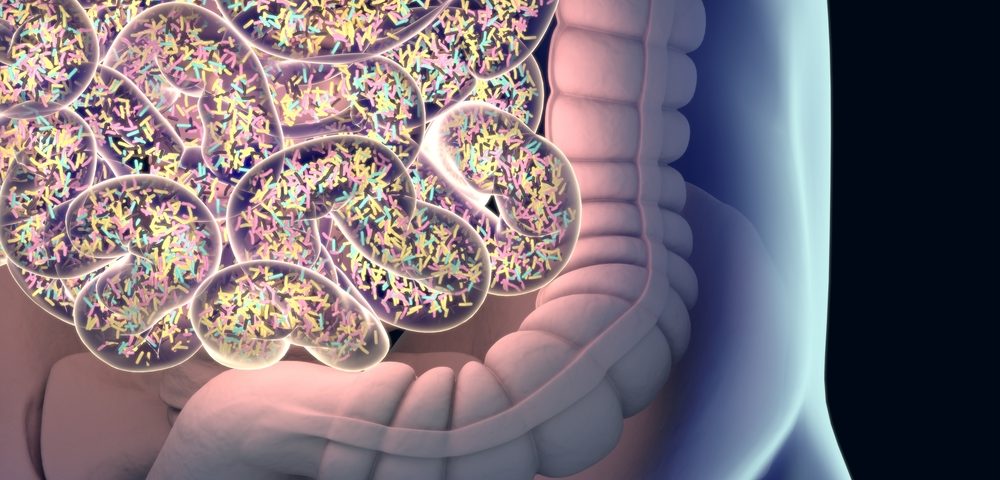The hormonal contraceptive Visanne (dienogest) is an effective long-term treatment for managing the pain and intestinal symptoms of women with rectosigmoid endometriosis, a study has found.
The study, “Long-Term Administration of Dienogest for the Treatment of Pain and Intestinal Symptoms in Patients with Rectosigmoid Endometriosis,” was published in the Journal of Clinical Medicine.
Endometriosis is caused by the growth of endometrium — the tissue that lines the inside of the uterus — elsewhere in the body. When these tissues infiltrate and start to grow in the rectosigmoid wall, which is a portion of the large intestine, women develop rectosigmoid endometriosis, also known as bowel endometriosis.
This form of endometriosis, which accounts for 4-37% of all cases, can cause pain and a wide variety of intestinal issues, including diarrhea, constipation, and abdominal cramping.
Surgical management of rectosigmoid endometriosis — in which endometrial lesions or portions of the bowel containing such lesions are removed — has been shown to lead to significant improvements in pain and intestinal complaints. However, this type of surgery, while the most common disease treatment, is associated with some risks.
In the alternate, medical treatments also can be used to alleviate pain and intestinal problems. For some women, such treatments may allow them to postpone surgery, or even avoid it altogether.
The current first-line treatments for rectosigmoid endometriosis include combinations of oral contraceptives and single progestins, which are artificial hormones that mimic the female hormone progesterone.
Visanne, marketed by Bayer, is an oral progestin that inhibits the growth of endometrial tissues. It has been shown to be effective at alleviating several symptoms of endometriosis, including chronic pelvic pain, painful menstrual cramps, and painful sexual intercourse. However, while Visanne has been approved for the treatment of endometriosis in Europe and in several countries in Latin America and the Asia-Pacific region, it has not been approved by the U.S. Food and Drug Administration.
It also, to date, has not been specifically evaluated for the efficacy of its long-term administration as a treatment for women with rectosigmoid endometriosis.
To learn more, a group of Italian researchers now conducted a retrospective analysis. Their goal was to determine the effectiveness of a 36-month treatment regimen of Visanne in improving the quality of life, and lessening the pain and intestinal symptoms of women with rectosigmoid endometriosis.
Women participating in the study received continuous oral treatment with Visanne at a daily dose of 2 mg.
After one year of treatment, Visanne had already lessened several symptoms of the disease, including painful menstrual cramps, chronic pelvic pain, painful sexual intercourse, painful defecation, and intestinal problems.
Additionally, the researchers observed a progressive increase in patients’ quality of life, reflected by scores from the Endometriosis Health Profile-30 (EHP-30) and the Gastrointestinal Quality of Life Index (GIQLI), in the first two years of treatment.
Improvements in the women’s symptoms and quality of life were maintained until the end of the study. Visanne also reduced the diameter and volume of endometriotic nodules — small lumps caused by the infiltration of endometrial tissues and scarring — after one year of treatment. The nodules’ diameter and volume remained stable after two and three years of treatment.
Visanne was generally well-tolerated by women participating in the study. The most common adverse events reported included weight gain (30.1%) and uterine bleeding (26.9%). Importantly, the frequency and number of irregular bleeding episodes decreased as treatment progressed.
“The current study confirms the efficacy of long-term therapy with DNG [dienogest] for treating symptoms caused by rectosigmoid endometriosis,” the researchers said.
“In particular, this regimen allows to improve pain and intestinal complaints as well as an amelioration of global patients’ quality of life with good tolerability. Moreover, it can cause a slight reduction in the size of endometriotic nodules. DNG as a long-term regimen was demonstrated to have an acceptable safety-profile,” they added.

